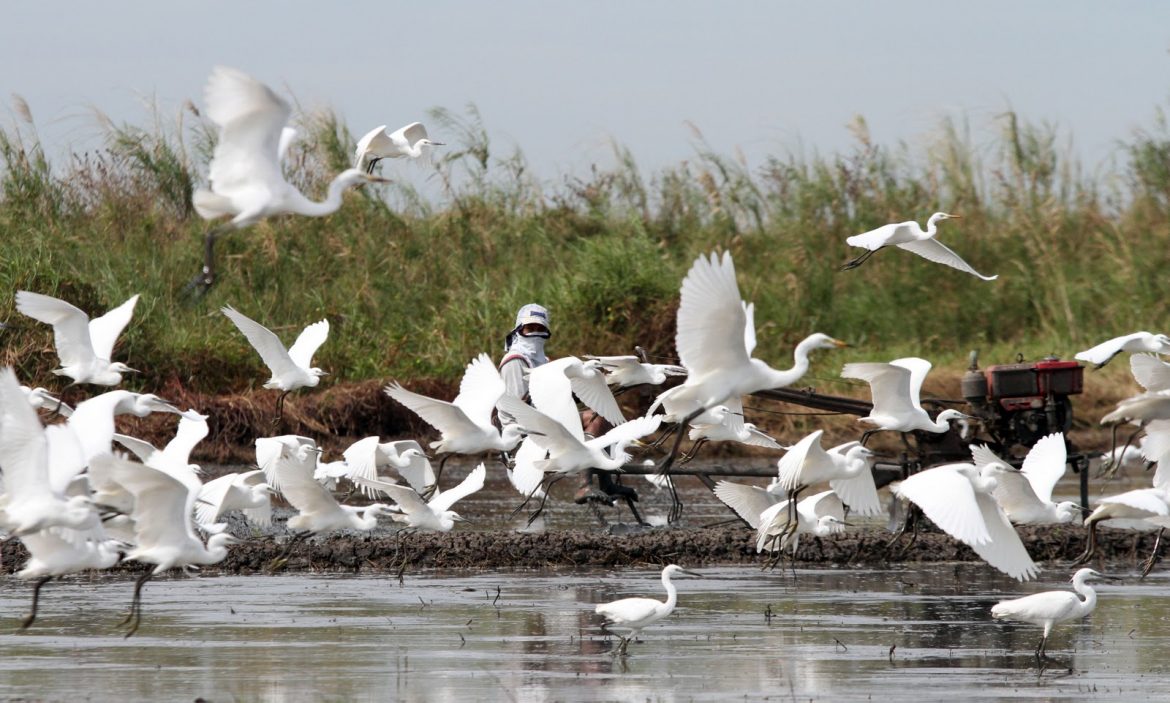A new report has shown that climate change is pushing a fifth of migratory species to extinction which serves as an essential link in the ecosystem that sustains human life.
The report was released by Convention on the Conservation of Migratory Species of Wild Animals (CMS) based on the findings of a workshop on how climate change is affecting migratory species around the world.
Among other things, the report found that warming, extreme weather events, and shifting water systems are affecting migratory species across the world, altering ranges, shrinking habitats, and threatening ecosystem service delivery. Climate change is also causing timing mismatch, for instance, shortbirds nesting in Alaska and the Arctic are misaligned with insect emergence due to climatic warming and unexpected cooling, reducing chick survival and reproductive success.
The report said that in Western Alaska, every degree change shifts nesting time by 1–2 days. Due to climatic cooling, timing of nesting was unexpectedly delayed by 4-5 days over a decade. Later nests meant less and smaller eggs and shorter incubation periods.
In South Asia, Asian Elephants are facing habitat gridlock as climate and land-use changes are shifting elephant habitats eastward, but with limited connectivity, most elephants in India and Sri Lanka can’t follow, leading to increase in human-elephant conflict.
Read also: Stakeholders seek integration of climate change into national curricula
Himalayan species such as musk deer, pheasants, and snow trout are being pushed upslope into smaller, fragmented refugia, with some small mammals projected to lose over 50% of their range.
The report highlighted that warming seas are disrupting whale migrations, shrinking prey populations, and reducing reproductive success. North Atlantic right whales are particularly vulnerable, as rising sea temperatures force them to undertake perilous detours.
In 2023, an Amazon River heatwave reached an alarming 41°C, resulting in the tragic deaths of river dolphins and exacerbating prey loss. Moreover, the Mediterranean region faces significant challenges. Marine heat extremes are projected to reduce fin whale habitat by up to 70% by mid-century, while dolphin ranges are expected to shrink due to food scarcity and pollution stress.
Story was adapted from Carboncopy.
